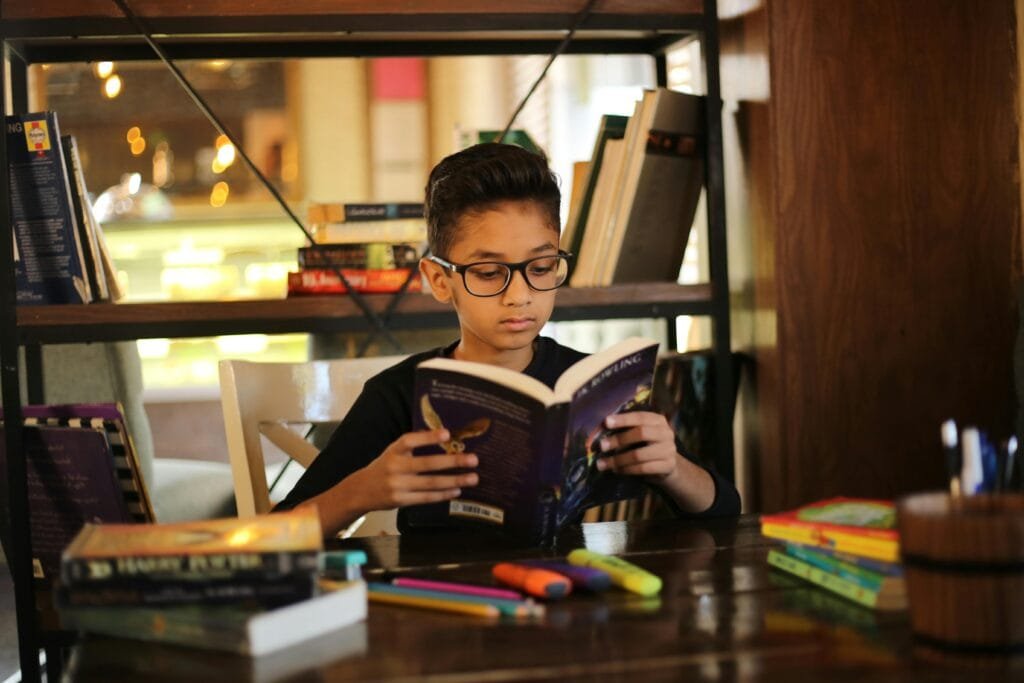Education is one of the important pillars in the development of a country, including Pakistan. Despite facing various challenges, Pakistan continues to strive to improve its education system for a better future for the next generation.
Education System in Pakistan
The education system in Pakistan is divided into five main levels: pre-school education (nursery and kindergarten), primary education, middle education, high education, and higher education (university). In addition, there is also madrasa education which offers Islamic-based education.
Pakistan has a variety of educational institutions that include government schools, private schools, and madrassas. While government schools play a significant role in providing access to education for the general public, private schools usually offer better quality education, albeit at a higher cost.
Challenges in Education
One of the biggest challenges in Pakistan’s education sector is unequal access. In rural areas, especially in provinces like Balochistan and Khyber Pakhtunkhwa, many children do not have access to adequate education. This is due to poor infrastructure, lack of schools, and limited resources such as teachers and textbooks.
In addition, literacy rates in Pakistan are still low compared to other countries in the South Asian region. Although efforts have been made to increase literacy rates, especially among women, there is still a significant gender gap in access to education.
The quality of education is also a problem. The curriculum used in schools is often not up to date, and teaching methods tend to be conventional. This hinders the development of critical and creative skills among students.
Government and Private Sector Efforts
Recognizing these challenges, the government of Pakistan has taken several steps to improve the education sector. One of the major initiatives is the Universal Primary Education program which aims to ensure that all children receive a basic education.
The government also focuses on providing training to teachers so that they can teach more effectively. In addition, there are various scholarship programs aimed at students from underprivileged families so that they can continue their education to a higher level.
The private sector also plays a significant role in advancing education in Pakistan. Many private institutions and non-governmental organizations have established quality schools in various regions, especially in big cities such as Karachi, Lahore, and Islamabad. Some private universities in Pakistan have even achieved international reputations, attracting students from various countries.
Education for Sustainable Development
Education in Pakistan is not only important for economic development, but also for social and cultural development. Quality education can help reduce poverty, improve health, and create a more inclusive and tolerant society.
In recent years, there has been a growing awareness of the importance of education for sustainable development. Curricula in some schools and universities have begun to integrate environmental and sustainability issues, providing students with the knowledge and skills needed to face the global challenges of the future.
Conclusion
Education in Pakistan is at a critical juncture, with significant challenges but also promising opportunities. With strong commitment from the government, the private sector and the community, Pakistan can achieve an education system that is more inclusive, quality and relevant to the needs of the future. Better education will not only improve the quality of life of individuals but will also lay the foundation for building a stronger and more sustainable nation.


